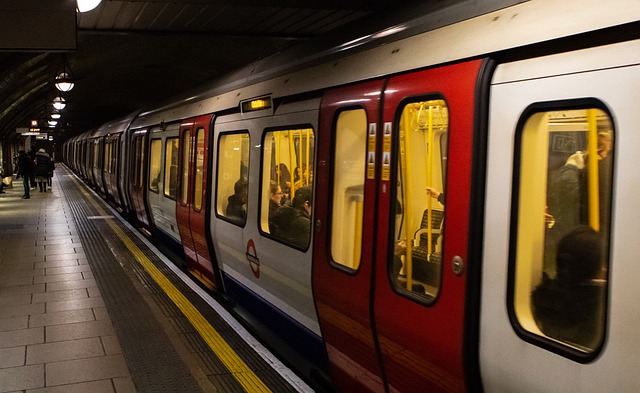Last Updated on: 22nd November 2023, 04:40 am
A 5.9% increase in tube and bus fares is expected, while a 9.7% increase in the mayor’s share of council tax bills is expected.
Sadiq Khan confirmed record increases in transport and council tax on Wednesday.
The average tube and bus fare will increase by 5.9 percent – the highest hike in more than a decade – and the mayor’s share of council tax bills will increase by 9.7 percent.
From March 5, bus fares will increase 10p to £1.75 for the second consecutive year.
Pay-as-you-go Tube fares will increase by up to 6.7% depending on how many zones are visited.
Londoners over 60 are no longer permitted to travel for free before 9am as of Wednesday – a move that will anger many thousands of pensioners but generate £40m a year in extra fares.
The decision was described as a “devastating blow” by Age UK London.
In order to raise extra funds for the Met police and London Fire Brigade, Khan says the Government forced him to mirror the 5.9 percent increase in national rail fares.
The extra Met funds will allow 500 additional police community support officers (PCSOs) to be hired, he announced on Wednesday.
His proposed fares package includes the following elements:
The zone 1 peak-hour tube fare will increase by 30p to £2.80, a 12 percent increase.
Zone 1 Tube fares increase by 20p off-peak to £2.70.
Most single Tube fares are only going up by 10p.
The daily cap on multiple bus trips will increase by 30p to £5.25.
In the last fortnight, Mr Khan expressed frustration that, under the funding rules, London would lose out if he failed to meet the Government’s expectations, which led to the headline increases announced today.
As a result of “insufficient” government funding for frontline services, he had to increase council tax bills.
The chief executive of London TravelWatch, Michael Roberts, said: “Many Londoners are already feeling the pinch from cost-of-living pressures, so this 5.9 per cent rise across TfL services will be challenging.”
Londoners use buses more frequently than any other form of transport. Buses are mostly used by lower-income Londoners, so we are particularly disappointed that fares were not capped.”
In April, Mr Khan’s share of benchmark Band D bills will increase by £38.55, bringing the amount a typical London household pays to the Greater London Authority to £434.14.
Since Mr Khan became mayor in 2016, this is the biggest increase in the GLA “precept” since Ken Livingstone increased his share of bills by more than £50 in 2003.
In 2012, Boris Johnson imposed a 5.6% fare increase, which was the biggest rise in more than a decade.
There were 2,500 PCSOs a decade ago, but by the end of last year there were fewer than 1,200.
As a result, the Met has struggled to recruit enough police officers to replace those quitting or retiring, and PCSOs earn less – about £28,000 – and require just six weeks of initial training.
After a series of scandals, City Hall said that PCSOs are meant to provide a “visible police presence” in high-crime areas, rebuild community relations, and rebuild trust in the Met.
Louisa Rolfe, Met assistant commissioner, said: “We are grateful to the mayor for investing in neighbourhood policing in London.”
Nearly half of London households are in Bands A to C, meaning they will incur a lower council tax rise.
However, many households will face a total bill of £2,000 or more once their borough’s share is applied – though Westminster, which already sets the capital’s lowest council tax, will freeze its share.
“I don’t want to raise council tax at a time when many household budgets are stretched, but because the Government refuses to provide the funding our city needs, I have no choice but to raise council tax in order to plug the gap.”
Our vital frontline public services, including the police, transport, and London Fire Brigade, will be protected and further enhanced.”
In order to keep costs “as low as possible” for Londoners traveling from the suburbs to work, and because journeys solely within zone 1 were “more likely to be made for leisure or tourism”, single fares in central London were intentionally increased by more than those outside zone 1.
In addition, he was aware of the higher car use in the suburbs and wanted to avoid discouraging greater public transportation use.
His plans to raise the eligibility age for the 60+ Oyster have been abandoned, so the benefit will remain at age 60 – but without free travel until after 9am.
“London is now facing a major cost of Khan crisis as Sadiq Khan hits Londoners with another big fare increase.” said Peter Fortune, deputy leader of the GLA Conservatives.






